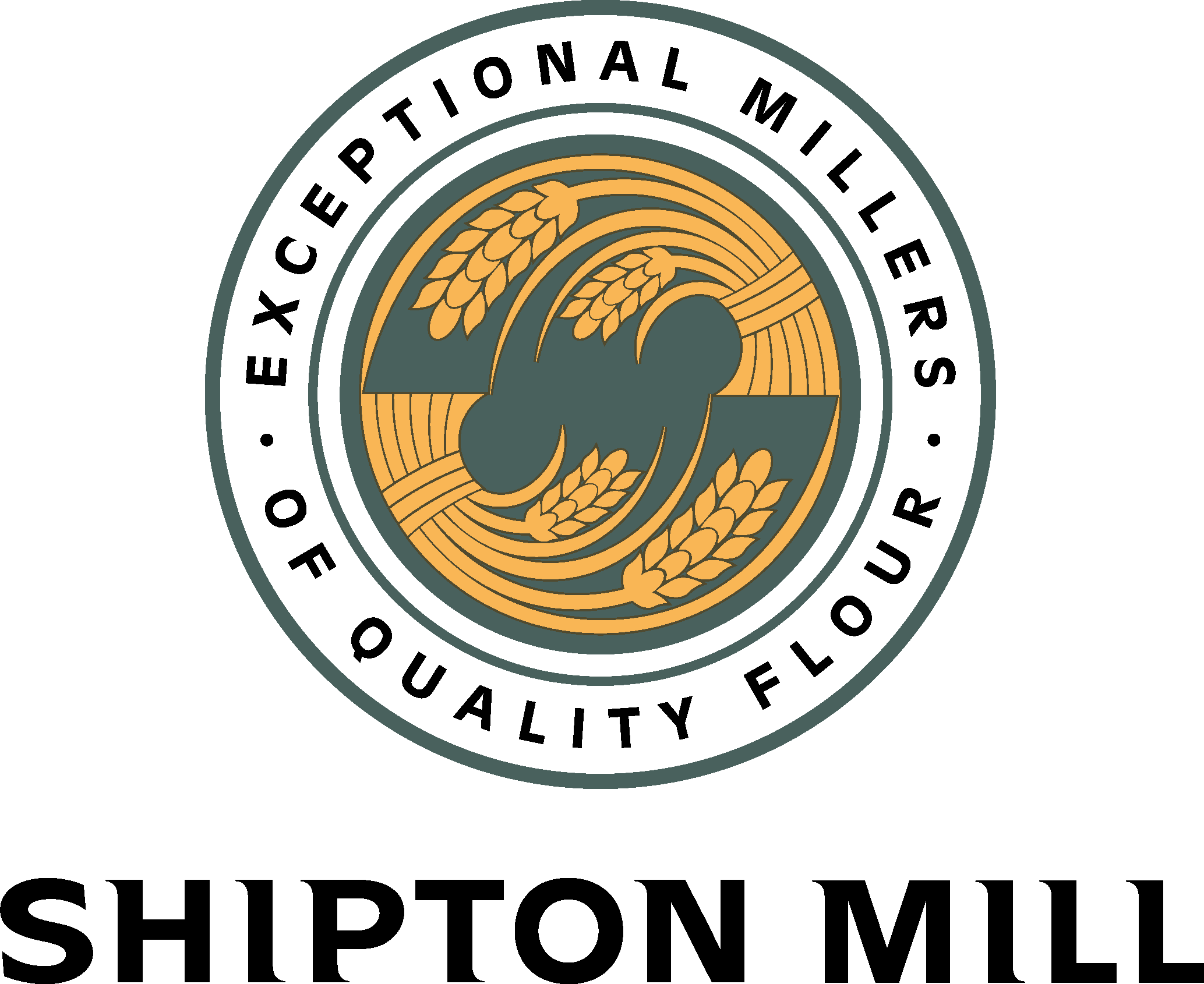
Sustaining soil fertility
Shipton Mill is defined not just by what we do and how we do it – it is also by our relationships with the rest of the world.
We strongly believe that the farming practices informed by the agro-ecological principles that we support will maintain and improve the soil fertility, so that our descendants will inherit a fertile earth.
We see the sustainability of agricultural systems as encompassing social, ecological and environmental spheres.

Sourced considerately
The provenance of the product and the quality of the grain are as important to us as the production method.
We source our grains from local farms for a number of our blends, where practicable. Over the years, we have also built relationships with suppliers across the world who share our values.

Beyond taste
It is from these suppliers, for example, that we source some of the rare and old varieties of grain that we cannot easily obtain from British shores to make a number of our speciality flours.
We value these networks of interesting and dynamic people immensely, who all help to create and add something to the finished product beyond taste alone.
Protecting the environment
Preserving and maintaining our earth is at the forefront of our ethos. We are investigating the development of a small hydroelectric power unit to run off the waterwheel. We have also installed a system to return excess heat from the milling process back into the offices to provide space heating in winter and hot water all the year round.
“We need for instance, to remember that the traditional ways of doing things may not always be the most “efficient”, but they may produce the finest end product and be in the greatest harmony with nature. The making of quality cheeses simply cannot be rushed. Good beef must be hung for weeks, not a few days. Good bread needs time to rise…. That’s what we need – slower food, not faster. We are already seriously out of time with the rhythms of Nature and are beginning to pay for the discord this creates…”
From a speech by the Prince of Wales for The Taste of The West Food and Drink Awards Ceremony – Highgrove – Friday 16th September 2005.

Safeguarding the products of the earth
Respect for the eco-system and a desire to work in combination with it is the underlying philosophy of modern organic farming. More important still is the need to have a receptive approach to life and to appreciate your impact on the environment and immediate surroundings.
We actively promote the cultivation of rare and old varieties of wheat. This is not a commercial decision as the returns are far too small. We believe in the need to preserve and retain varieties that are not readily available, and to promote the genetic diversity that such crops, and their sympathetic farming methods, engender.
It is now recognised that growing such crops along agro-ecological principles also has a positive effect on nutrition. Simply by being less intensively farmed, the plants have larger and more robust root systems, are more drought resistant, and have greater micro-nutrient and mineral content as there are less plants per square metre and therefore less competition for available resources.
There is also the reduced requirement for extra fertilisers and weed killers that are energy inefficient and environmentally damaging.

Centuries of milling

Traditional Grains




